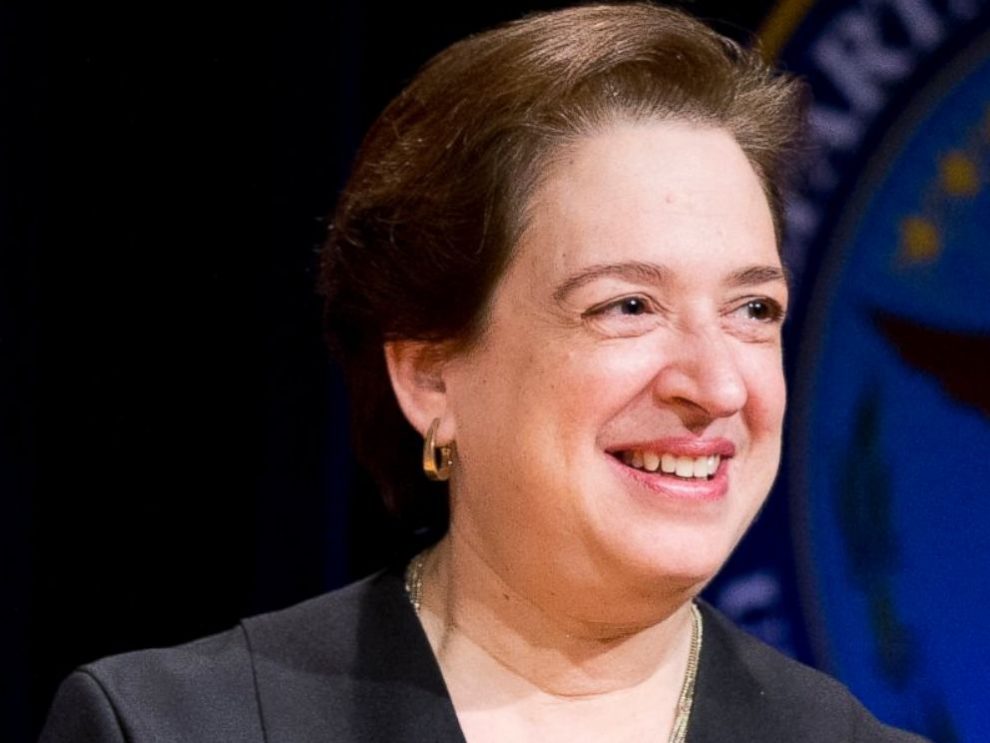Supreme Court Justice Elena Kagan said Wednesday that abortion is “part of the fabric of women’s existence in this country” as she tried to defend the 1973 Roe v. Wade precedent in the Dobbs v. Jackson Women’s Heath Orgnization case.
Kagan took a firm line with Mississippi Solicitor General Scott G. Stewart, who appeared during oral arguments at the Court to defend Mississippi’s controversial 2018 law banning abortion, including in cases of rape and incest, before 15 weeks of pregnancy.
She said that the Court needed to avoid the perception that it was merely a political body (without acknowledging that Roe itself had created that expectation), and argued that not much had changed since Roe and Planned Parenthood of Southeastern Pennsylvania v. Casey (1992) to change the principles at stake.
In response, Stewart said that if nothing, in fact, had changed, that was a point against Roe and Casey, because they “have no basis in the Constitution.”
He pointed to Justice John Marshall Harlan’s dissent in Plessy v. Ferguson (1896), a case in which the Court allowed racial segregation, and Harlan had said: “In respect of civil rights, all citizens are equal before the law.”
The rights in question, he said, belonged not only to women but also to unborn children, and that the people, not judges, should decide the balance.
Solicitor General Elizabeth Prelogar took a similar line to Kagan, arguing that abortion had been recognized since Roe as a “fundamental” right, one that should not be subject to the whims of state legislatures, but protected throughout the country.
Kagan and Justice Sonia Sotomayor both stressed the idea that women had the right to bodily integrity. Similarly, Prelogar described abortion restrictions as “forcing” a woman to use her body to carry a child to birth, against her will and her rights.
Story cited here.
























